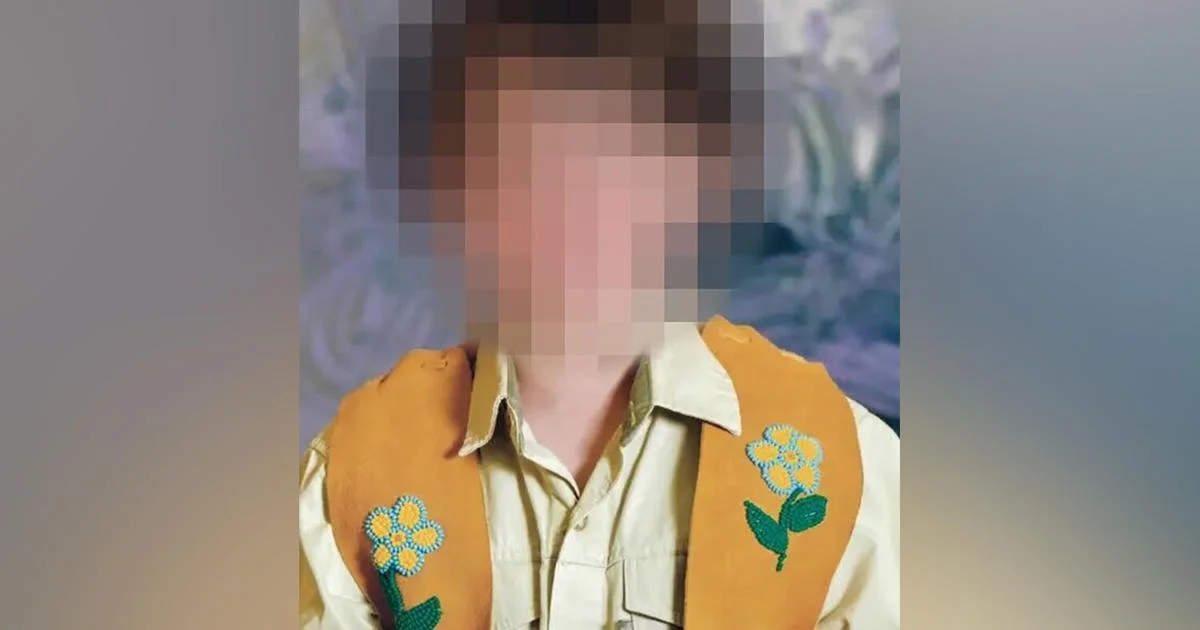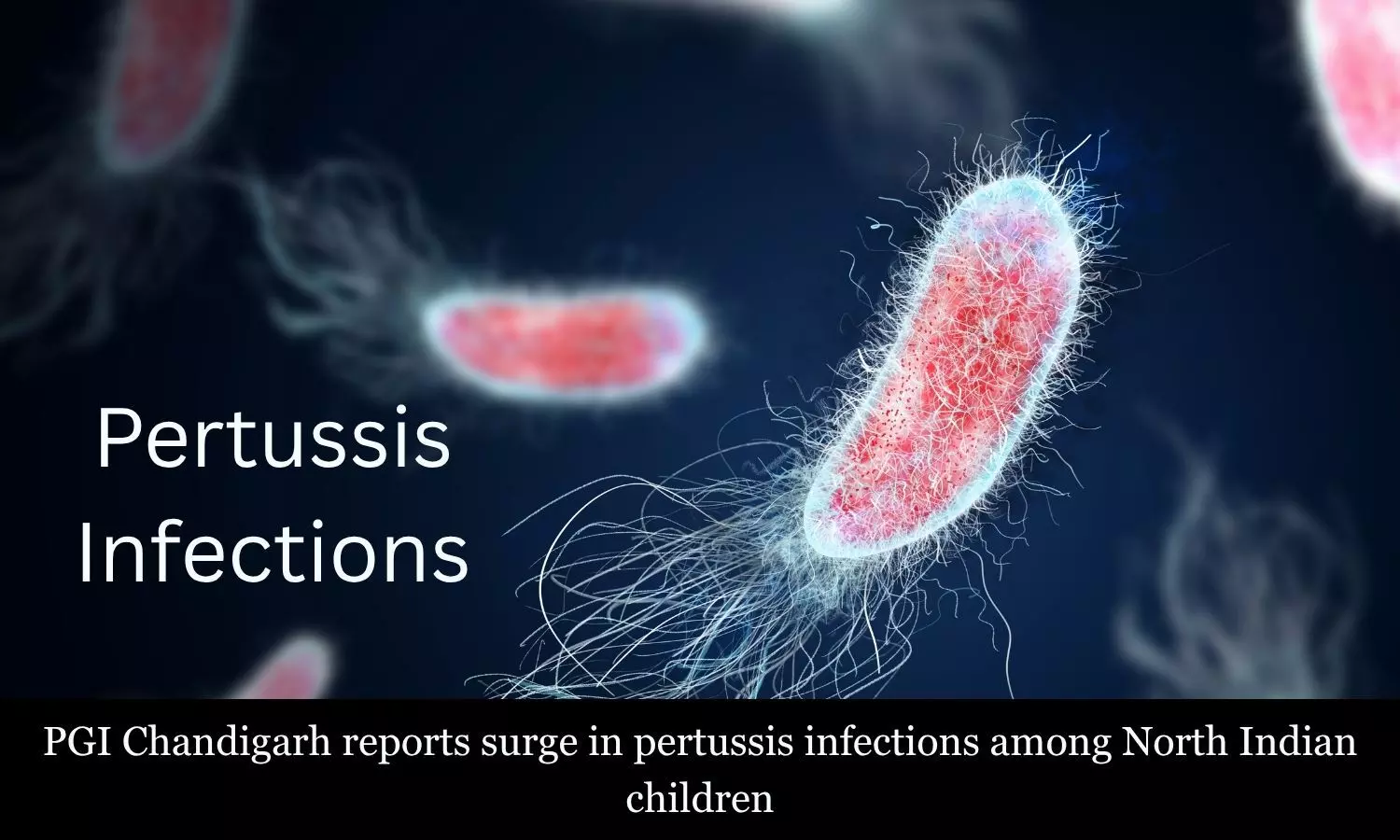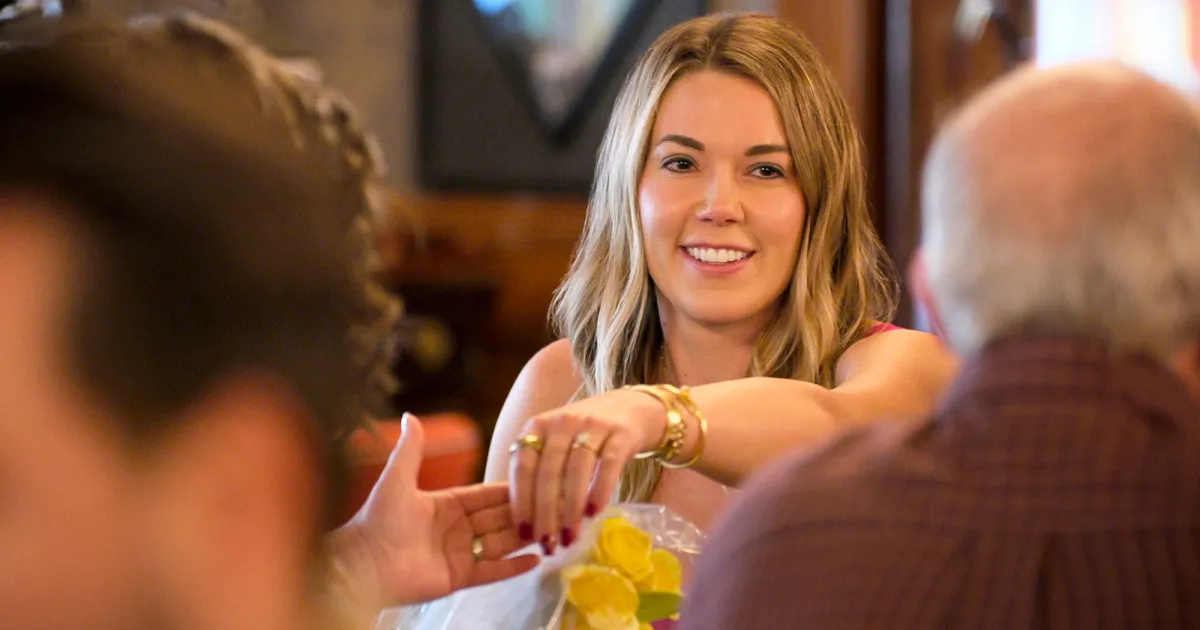Copyright thestar

Three months before a severely malnourished, emaciated 12-year-old boy died suddenly in the basement of a home belonging to his prospective adoptive parents, a Children’s Aid Society worker was so concerned about his appearance and “general health” she recommended that his psychiatrist see his face at an upcoming appointment. It was the last time any Children’s Aid Society representative had direct contact with the boy, who would die in the early evening of Dec. 21, 2022. The details emerged Friday at the trial of Becky Hamber and Brandy Cooney, a Burlington couple who were trying to adopt the boy and who now stand accused of killing him. The two women have pleaded not guilty to first-degree murder. They’re also charged with failing to provide necessaries of life, unlawful confinement and assault with a weapon on his brother, who was 10 when he was apprehended by CAS days after his brother’s death. Born in the Ottawa area, the boys were taken by CAS from their biological mother due to neglect and abuse. They lived with a foster family in Ottawa before moving to southern Ontario to live with Cooney and Hamber in the fall of 2017. Their identities are protected under a publication ban. On Friday, prosecutors called to the witness stand Lisa Potts, who was a child-protection worker with the Halton Children’s Aid Society for 23 years before her retirement last year. She investigated an alleged sexual assault of the boys by their former foster father that was discounted by the CAS, and she was brought in to investigate after the 12-year-old boy died. Defence lawyer Monte MacGregor, who represents Hamber, noted Potts was not the author of any of the documents reviewed in court Friday. MacGregor told Justice Clayton Conlan that testimony from CAS workers who actually visited the home would be “more pertinent to what’s being put before you.” It’s unclear if the Crown will call any more CAS workers to testify. Since the trial began in mid-September, the defence has attempted to shift blame away from the two women by suggesting the boy died due to systemic failures. A Burlington doctor who saw the child eight days before he died admitted on the stand this past week the boy might still be alive had the doctor pushed for immediate hospitalization. Crown attorney Monica MacKenzie asked Potts to confirm that CAS adoption worker Alison Brown recorded in her notes that on Sept. 22, 2022 during a virtual visit with the boy, he “looked tired, dark circles under his eyes, cheeks appear sunken, appears pale.” Brown also wrote that during the conversation with the boy, he repeatedly looked “off screen” where Hamber was in the background. The boy told Brown he hadn’t been making “good choices” lately, which included “tantruming and peeing himself.” Brown wrote she asked if it was on purpose and he said it was. Brown also included in her notes that she told Hamber she’s “worried he isn’t healthy,” and that she had concerns about his weight. Brown asked that Hamber “ensure” the psychiatrist saw his face at an upcoming appointment. (During the COVID-19 pandemic, it was common for masks to be worn at medical appointments.) The boy’s weight dropped dramatically during his final year, to 48 pounds. The emergency room doctor who couldn’t save his life testified he was “skin and bones.” Brown also wrote that during the virtual visit the child was wearing a wetsuit underneath his T-shirt. After she told him their interview was coming to an end, the boy asked Brown if she knew any historical facts. That’s when Hamber interrupted and told the child “he needs to listen to her the first time.” The boy then echoed Hamber, saying, “yes, he needs to listen the first time and goodbye,” the worker noted. Sometime following her visit with the boy, the worker received a promotion. Court heard she was supposed to be replaced, but it didn’t happen because the designated replacement wasn’t informed. Also Friday, court heard that Hamber and Cooney — who claims she has Indigenous ancestry — did not believe the boys had any Indigenous status. Potts said records indicate the couple came to that conclusion after Hamber made some calls to people — she didn’t say whom — in the Ottawa area. MacKenzie told court there are indications of the boys’ ancestry in CAS records. Potts testified the couple’s skepticism was one of the reasons it was taking so long for the adoption to be finalized. (It never was.) After asking MacKenzie about the Indigenous issue, the judge told court he found it “offensive that someone would doubt the Indigenous status of someone, I think it makes them an unfit parent.” He quickly added, that “doesn’t make them guilty of a criminal offence.” The trial resumes Nov. 7 when Potts will undergo cross-examination.



